- Browse
- Logic
Results for "logic"
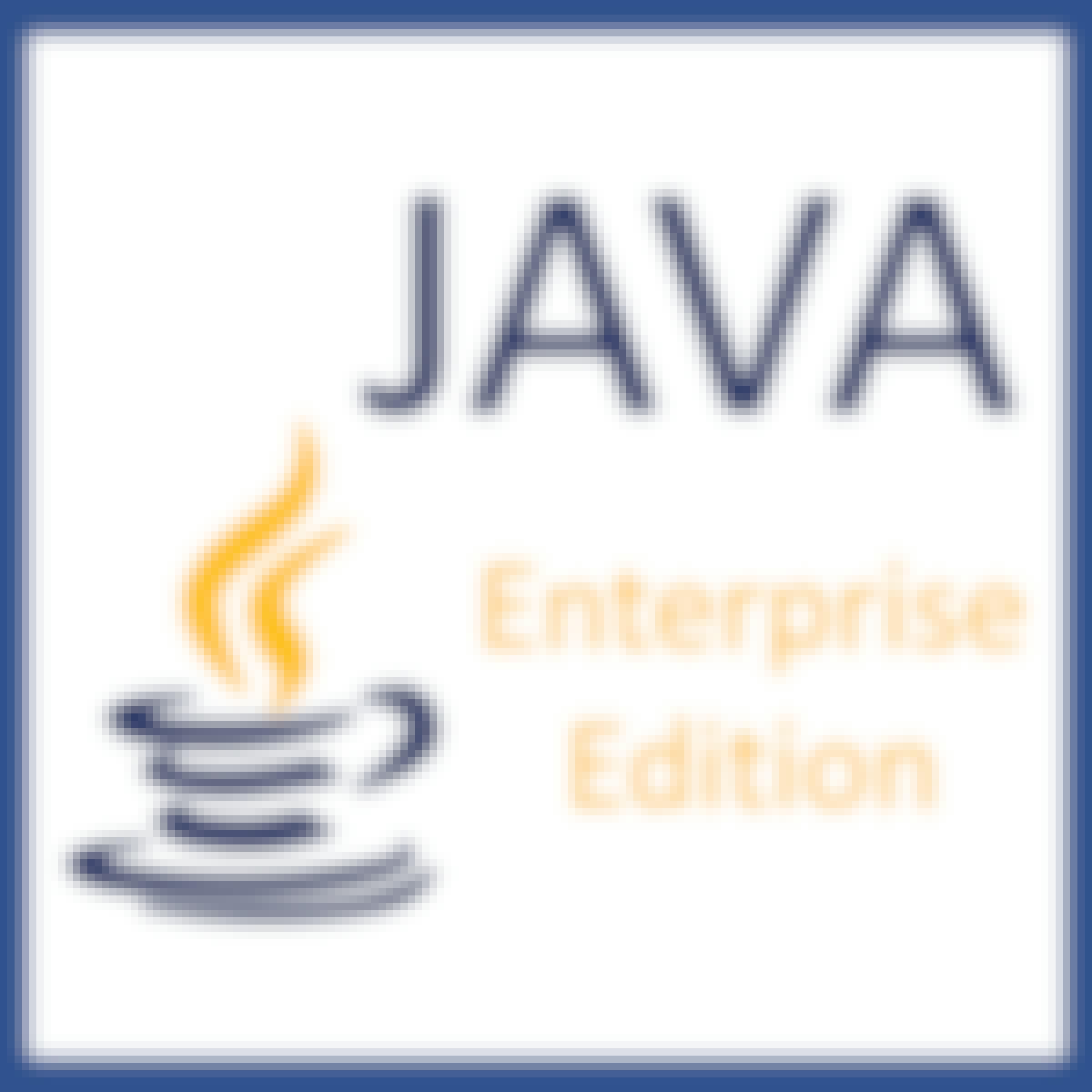 Status: Free TrialFree Trial
Status: Free TrialFree TrialSkills you'll gain: Java Platform Enterprise Edition (J2EE), Object-Relational Mapping, Java, Application Servers, Middleware, Application Deployment, Data Persistence, Event-Driven Programming, Enterprise Application Management, Server Side, Context Management, Business Logic
4.8·Rating, 4.8 out of 5 stars56 reviewsIntermediate · Course · 1 - 4 Weeks
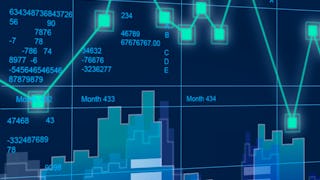 Status: Free TrialFree TrialU
Status: Free TrialFree TrialUUniversity of London
Skills you'll gain: Pseudocode, File I/O, C++ (Programming Language), Integrated Development Environments, Object Oriented Programming (OOP), Development Environment, Algorithms, Debugging, Data Structures
Build toward a degree
4.7·Rating, 4.7 out of 5 stars33 reviewsIntermediate · Course · 1 - 4 Weeks
 Status: PreviewPreviewH
Status: PreviewPreviewHHeriot-Watt University
Skills you'll gain: Object Oriented Programming (OOP), Java, Java Programming, Computer Programming, Application Development, Programming Principles, Computational Logic, Software Development, Debugging, Data Structures
Build toward a degree
Beginner · Course · 1 - 4 Weeks
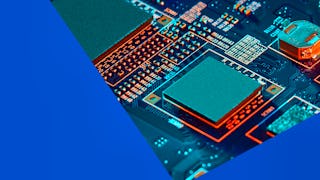 Status: PreviewPreviewP
Status: PreviewPreviewPPontificia Universidad Católica de Chile
Skills you'll gain: Field-Programmable Gate Array (FPGA), Hardware Design, Computational Logic, Application Specific Integrated Circuits, Computer-Aided Design, Electronic Hardware, Electrical Engineering, Electronic Systems, Electronics, Semiconductors, Electronic Components, Computer Architecture, Programming Principles, Engineering Design Process, Embedded Systems, Schematic Diagrams, Simulation and Simulation Software
4.7·Rating, 4.7 out of 5 stars69 reviewsMixed · Course · 1 - 3 Months
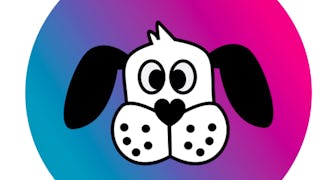 Status: PreviewPreviewU
Status: PreviewPreviewUUniversidade Estadual de Campinas
Skills you'll gain: Education Software and Technology, Computational Thinking, Computer Programming, Computational Logic, Digital pedagogy, Robotics, Computer Programming Tools, Prototyping, Technical Design, Artificial Intelligence, Open Source Technology, Embedded Systems, Creative Design
4.9·Rating, 4.9 out of 5 stars98 reviewsBeginner · Course · 1 - 3 Months
 Status: PreviewPreviewX
Status: PreviewPreviewXXi'an Jiaotong University
Skills you'll gain: Operating Systems, Computer Networking, Computer Architecture, OS Process Management, Microsoft Office, Network Architecture, Hardware Architecture, General Networking, Computer Systems, Theoretical Computer Science, Computer Hardware, Information Technology, Network Protocols, Computer Literacy, Computing Platforms, Computational Logic, Computational Thinking, Data Storage, File Management
3.9·Rating, 3.9 out of 5 stars35 reviewsMixed · Course · 1 - 3 Months
 Status: Free TrialFree Trial
Status: Free TrialFree TrialSkills you'll gain: Embedded Systems, Embedded Software, C (Programming Language), Electronic Hardware, Programming Principles, Control Systems, Computer Architecture, Computer Programming, Debugging, Data Storage
4.5·Rating, 4.5 out of 5 stars41 reviewsIntermediate · Course · 1 - 4 Weeks
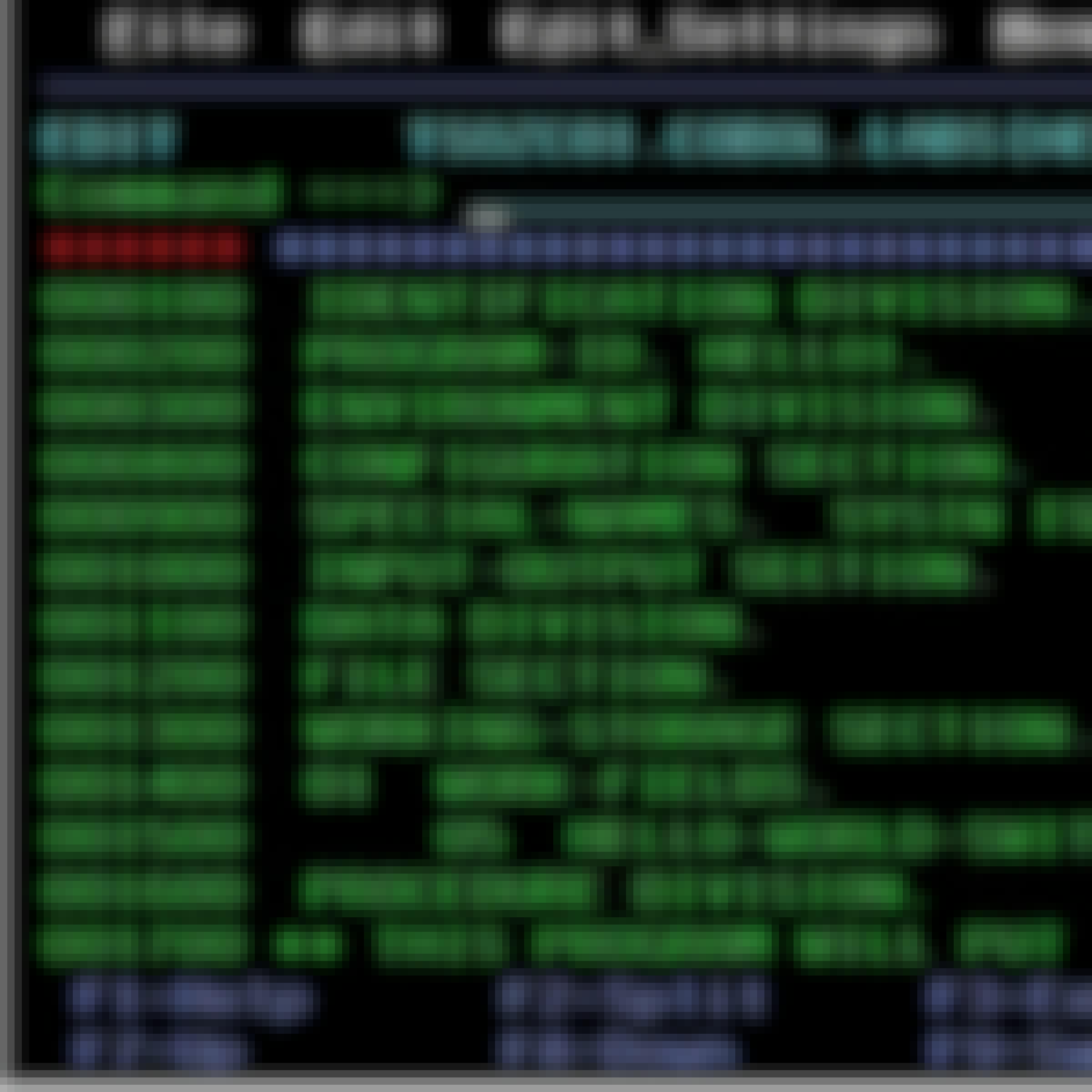 Status: Free TrialFree TrialI
Status: Free TrialFree TrialIIBM
Skills you'll gain: COBOL (Programming Language), Report Writing, Debugging, Programming Principles, Software Testing, Computer Programming, Maintainability, Business Logic, Software Engineering, Data Storage, Numerical Analysis
4.3·Rating, 4.3 out of 5 stars64 reviewsBeginner · Course · 1 - 4 Weeks
 2
228DIGITAL
Skills you'll gain: Computational Logic, Combinatorics, Logical Reasoning, Mathematical Modeling, Theoretical Computer Science, Applied Mathematics, Algorithms, Linear Algebra, Verification And Validation, Arithmetic
4.8·Rating, 4.8 out of 5 stars45 reviewsIntermediate · Course · 1 - 4 Weeks
 Status: Free TrialFree TrialL
Status: Free TrialFree TrialLL&T EduTech
Skills you'll gain: Product Lifecycle Management, Embedded Systems, Manufacturing and Production, Robotic Process Automation, Manufacturing Processes, Control Systems, Computer-Aided Design, Programmable Logic Controllers, Automation, Internet Of Things, Production Process, Robotics, Digital Transformation, Engineering Analysis, C (Programming Language), Enterprise Resource Planning, Industrial Engineering, Supply Chain Management, Geometric Dimensioning And Tolerancing, Simulation and Simulation Software
4.5·Rating, 4.5 out of 5 stars26 reviewsIntermediate · Specialization · 1 - 3 Months
 Status: Free TrialFree Trial
Status: Free TrialFree TrialSkills you'll gain: Data Structures, Algorithms, Graph Theory, Programming Principles, Theoretical Computer Science, Computer Science, Computer Programming, Python Programming, Pandas (Python Package), Machine Learning Algorithms, Computational Thinking, C++ (Programming Language), Data Architecture, Random Forest Algorithm, Performance Tuning, Object Oriented Programming (OOP), Network Analysis, Program Development, Problem Solving, Debugging
4.5·Rating, 4.5 out of 5 stars37 reviewsIntermediate · Specialization · 3 - 6 Months
 Status: Free TrialFree TrialS
Status: Free TrialFree TrialSScrimba
Skills you'll gain: Prompt Engineering, LangChain, LLM Application, AI Workflows, Vector Databases, Scalability, User Interface (UI), Embeddings, Databases, Performance Tuning, Maintainability, Data Preprocessing
4.6·Rating, 4.6 out of 5 stars34 reviewsIntermediate · Course · 1 - 4 Weeks
In summary, here are 10 of our most popular logic courses
- Enterprise Java Beans (EJBs) and the Jakarta Persistence API (JPA): LearnQuest
- Object-Oriented Programming in C++: Functions: University of London
- Learn Java Programming: Heriot-Watt University
- Electrónica Digital Bit a Bit: Fundamentos, Verilog y FPGA: Pontificia Universidad Católica de Chile
- Escola 4.0 Educação e Cultura Maker no Contexto da Nova BNCC: Universidade Estadual de Campinas
- 系统平台与计算环境: Xi'an Jiaotong University
- ARM Cortex (STM32) Fundamentals: Building Embedded Systems: EDUCBA
- IBM COBOL Core: IBM
- Automated Reasoning: satisfiability: 28DIGITAL
- Digital Technology in Manufacturing: L&T EduTech










